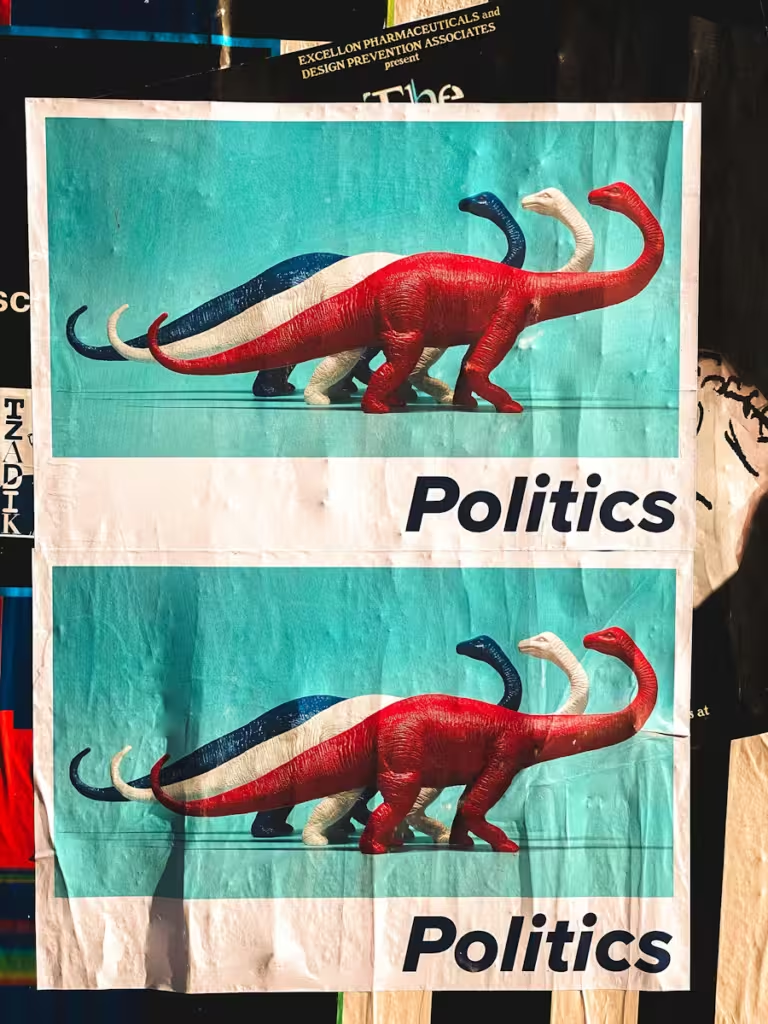An Australian academic, wondering how best to encourage honest and constructive discussion about climate change, says it’s time to “drive the Dismissive [aka skeptical] group out of positions of power in our government” and “stop the flow of their donations into our political parties”. Just the thing to win over the public. When in doubt, condescend. And tell anyone who disagrees with you they’re irrational ideologues in need of a visit to the re-education camps. Not sure you’re off to the best start, ma’am.
In her article on the Australian state-funded all-in-on-climate-change media outlet ABC, Rebecca Huntley starts with the strangely contradictory claim that “In Australia there is now widespread public acceptance of the reality of climate change; we seem to see its effects almost hourly. But the electorate still votes for political parties with environment policies that I would call recalcitrant, and with significant groups of climate deniers in their ranks.”
It’s not obvious what kaleidoscope of horrors parading past her window lets her see the effects of climate change “hourly” in her part of the world. It’s slightly more obvious why “widespread acceptance of the reality of climate change” nonetheless leads to electing politicians who don’t want to do anything about it, because “doing something” always seems to mean misery for the general public.
Dr. Huntley says “Knowing what we know about human beings, our psychological and evolutionary makeup, there's no evidence that these divisions are going to be broken down by more scientific evidence or just the passage of time — not that we have much time to spare.” See, humans who disagree with her are irrational for biological reasons. Those who agree escape this curse. Lucky them. As she says later in the article, “The qualitative research I've done has revealed the extent to which attitudes about climate are informed not by an understanding of science, but by world views, values, political identification, social and cultural conditioning and gender identity.”
Not hers, you understand. Yours. She sees things as they really are, while her critics are blinded by hard-wired irrational ideology. But who are these tribes sloshing about ignoring science?
Turns out that according to some study of Americans, there are six tribes in the United States: “The Alarmed”, “The Concerned”, “The Cautious”, “The Disengaged and the Doubtful”. OK, five. Plus the untouchables, “The Dismissive” who strangely often “are in significant positions of power in government, industry and the media”. Ah yes, journalism, that hotbed of climate skepticism. But the first three groups’ views seem to be rational and they are a large majority even in America: 31% plus 26% plus 16% for a total of 73%. So what is to be done?
Normally when 73% of the electorate think something, it’s already been done. But in this case “We need to increase the Alarmed cohort, absolutely no doubt.” Conceding that “alarmist” is not an insult but a fair description of people who are themselves alarmed and want others to be alarmed too. “But we also need to develop and hone their skills of talking to others not of the same mindset.” Teaching them not to insult everyone not of the same mindset would be a start.
Not only that, we need to prop them up lest they melt: “we need to provide social and emotional support as many of them — many of us — struggle with feelings of grief, dread and burning anger about what's happening to the planet and the response of many of our political leaders.” But back to talking down to people.
As Dale Carnegie advised us many decades ago, arguments that begin with “You’re an idiot because…” never convince anyone. Yet the insistence that the science is so obvious only a dolt would fail to see it necessarily embodies that claim, explicitly or not. And it’s not a huge improvement then to switch to the pointedly soothing tone in which one might speak to a tired, cranky child.
“We need to find a way to convince the Cautious that urgent action is necessary. This, very difficultly, often requires language that isn't fraught with tones of crisis.” Which might prove tricky. Also “We need to engage the Disengaged” by… what? Hectoring them about not being engaged? And then there’s the thing about crushing our opponents’ tiny heads, nicely though: “in my opinion, and I say this with no trepidation whatsoever — we need to drive the Dismissive group out of positions of power in our government, stop the flow of their donations into our political parties, and find smarter ways to engage with them in the media, including social media.”
As noted above, it’s not censorship per se. Nor is it censorship when newspapers decide to tell only one side of the story, though it might be ethically or financially ill-advised. Censorship would be when the chair of a United States Congressional Committee writes to the CEO of Google on official letterhead urging him to “Stop promoting climate denial and climate disinformation videos by removing them immediately from the [YouTube] platform’s recommendation algorithm; Add ‘climate misinformation’ to the platform’s list of borderline content; Stop monetizing videos that promote harmful misinformation and falsehoods about the causes and effects of the climate crisis; Take steps to correct the record for millions of users who have been exposed to climate misinformation on YouTube.”
Dr. Huntley doesn’t want that stuff. At least not yet. But luckily for all us chumps, she’s a smart academic person with a technical solution: “My research has taught me important lessons about climate change communication: be solution-focused and positive, understand the values of the people you are trying to convince, do not fuel division and conflict, and relate solutions to our sources of happiness and common concern. The challenge is how to activate cooperative values rather than competitive values.”
Just as soon as we drive our pig opponents from the scene in shame.
Oddly, she then tells of seeing a bunch of Fridays for Future teens using scalding language about adults. “As I sat sipping my coffee, I thought to myself, "Good on those kids telling the powers that be, the older generation, that they need to do more about climate change." And then it hit me. At almost 50 years of age, I am part of that older generation, part of that generation with a platform and a voice some of these young people don't have yet. It was as if those teenagers were speaking to me. In that moment something shifted inside me, a sensation hard to describe and yet I can recall it now with clarity. It actually felt physical. I felt like they were telling me to do something. And so I made a decision at that moment to put climate change at the heart of everything I do: in my work, as a parent, as a consumer, as a citizen.”
So we need to be smart and gentle in our shrill and simplistic scolding. Because that’s how we persuaded people to claim they believe in climate change then vote for politicians who don’t. And now that we’ve won the debate yet again, it’s time to rewin it.
Lather, rinse and repeat.



"The qualitative research I've done about climate [is] not by an understanding of science"!
There...Fixed.